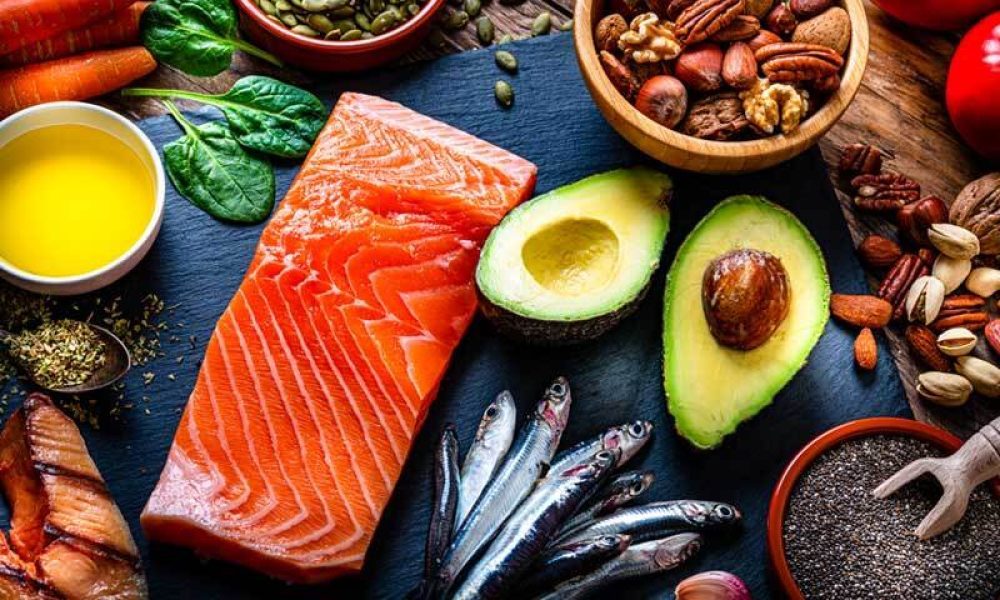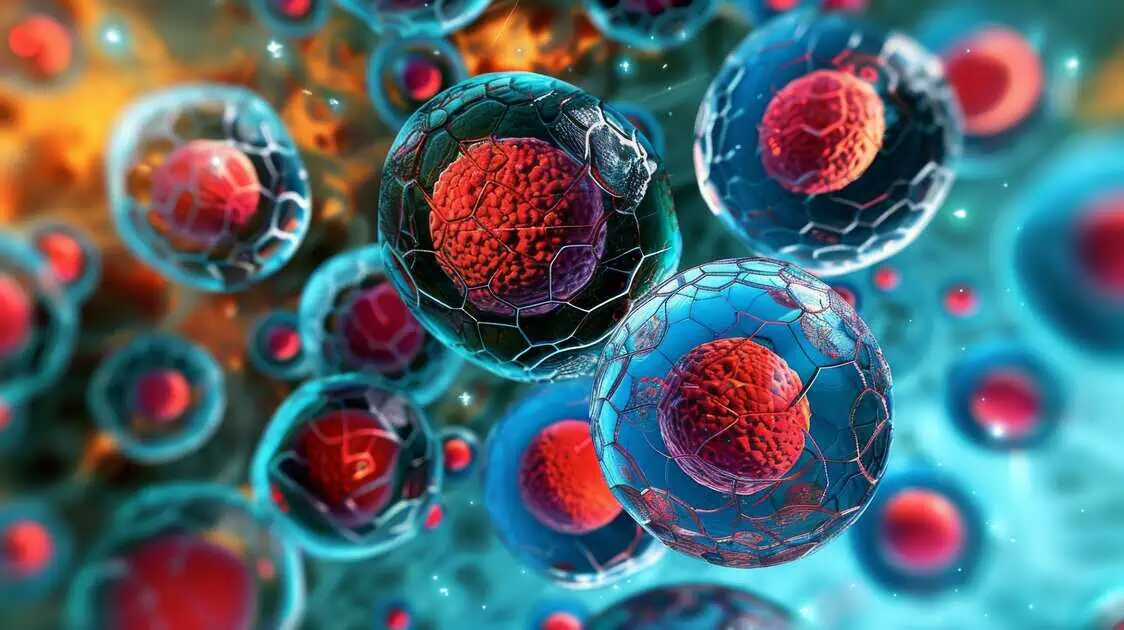
MD and Founder
This is great information to know, and to sock away into your databanks, but please know that it is my pleasure to help my patients jumpstart some of the healthiest metabolic activities possible.
These healthy weight loss “jumpstarts” can help motivate you into a new way of looking and feeling that is better than ever, and new habits you enjoy for the long haul.
Not all fat is created equal:
There are two types of body fat, visceral fat and subcutaneous fat. Visceral fat is located deep within the abdomen and surrounds vital organs, while subcutaneous fat is located beneath the skin. Visceral fat is associated with health problems such as type 2 diabetes, heart disease, and some cancers, whereas subcutaneous fat is less harmful.
Not all fats are bad:
There are healthy fats such as monounsaturated and polyunsaturated fats found in foods like nuts, seeds, and avocados that are beneficial to your body. It’s important to focus on reducing unhealthy saturated and trans fats found in processed foods and animal products. Additionally, some processed foods marketed as “low-fat” or “fat-free” may actually be high in added sugars and calories.
Not all calories are created equal:
While calories are important for weight loss, the type of calories you consume can have a significant impact on your weight loss efforts. For instance, a 100-calorie piece of fruit is going to be much better for you than a 100-calorie candy bar. This is because the fruit contains fiber and other nutrients that can help keep you feeling full and satisfied, while the candy bar is high in sugar and low in nutrients.
Losing weight doesn't always equal losing fat:
Weight loss can be caused by a reduction in water weight or muscle mass, in addition to fat loss. It’s important to focus on losing fat rather than just weight to improve body composition and overall health.
Sleep is crucial:
Getting enough sleep is important for weight loss because it affects your metabolism and hormones. Lack of sleep can cause an increase in the hormone cortisol, which can lead to weight gain. Additionally, lack of sleep can lead to fatigue, which can make it harder to make healthy food choices and exercise regularly.
Hormones play a role:
Hormones such as insulin, leptin, and ghrelin play a significant role in regulating hunger and metabolism. If your hormones are out of balance, it can make it harder to lose weight. For instance, insulin resistance is a common condition in which the body becomes less responsive to insulin, which can lead to weight gain. Insulin resistance is a condition in which cells in the body become less responsive to insulin, a hormone that helps regulate blood sugar levels. When cells are insulin-resistant, they are less able to take up glucose from the bloodstream, leading to elevated blood sugar levels. Over time, insulin resistance can lead to weight gain and make it more difficult to lose weight. This is because insulin resistance can cause the body to store excess glucose as fat, particularly around the abdomen. It can also lead to increased hunger and cravings for high-carbohydrate foods, which can further contribute to weight gain.
Additionally, insulin resistance can cause a cycle of high blood sugar levels followed by crashes, which can lead to fatigue and low energy levels, making it more difficult to engage in physical activity and burn calories. To address insulin resistance and support weight loss efforts, it’s important to focus on a diet that is low in refined carbohydrates and sugars and high in fiber and protein. Regular exercise, stress reduction, and getting enough sleep can also help improve insulin sensitivity and support weight loss efforts. In some cases, high quality supplements and/or medications may be necessary to manage insulin resistance and support weight loss goals.
Muscle mass is important:
Building muscle mass can help you lose weight and keep it off. This is because muscle burns more calories than fat, so the more muscle you have, the more calories you will burn throughout the day. Additionally, muscle helps to keep your metabolism revved up, so you continue to burn calories even when you are at rest.
Sustainable habits are key:
Weight loss is not just about diet and exercise; it’s about creating sustainable habits that you can maintain over the long term. Crash diets and extreme exercise regimens may help you lose weight quickly, but they are not sustainable and can be detrimental to your health. Instead, focus on making small, gradual changes to your lifestyle that you can maintain over time. This can include things like eating more whole foods, getting regular exercise, and prioritizing sleep.
Emotional eating is a common obstacle:
Building muscle mass can help you lose weight and keep it off. This is because muscle burns more calories than fat, so the more muscle you have, the more calories you will burn throughout the day. Additionally, muscle helps to keep your metabolism revved up, so you continue to burn calories even when you are at rest.
Gut health can play a significant role in weight and fat loss:
The gut microbiome (the community of microorganisms that live in our digestive tract) can impact metabolism, inflammation, and the way we store and burn fat. A healthy gut microbiome is associated with a healthy weight, while an unhealthy microbiome has been linked to obesity and metabolic disorders. When the microbiome is imbalanced, it can lead to inflammation and insulin resistance, which can make it more difficult for the body to burn fat and lose weight. Additionally, the gut microbiome can affect how we absorb and process nutrients, including carbohydrates and fats. Certain strains of bacteria have been found to be more efficient at extracting energy from food, which can lead to weight gain and fat storage. To support a healthy gut microbiome and promote weight and fat loss, it’s important to focus on a diet rich in fiber, whole foods, and fermented foods, which can help to nourish beneficial gut bacteria. Additionally, reducing processed foods, sugar, and alcohol can help to improve gut health and support weight and fat loss efforts. Diagnostic testing can help focus treatment.
Please don’t hesitate to call and set up an appointment to see me in our Denville, NJ location, or set your appointment for telemedicine.
Fawad Mian, MD and Founder





